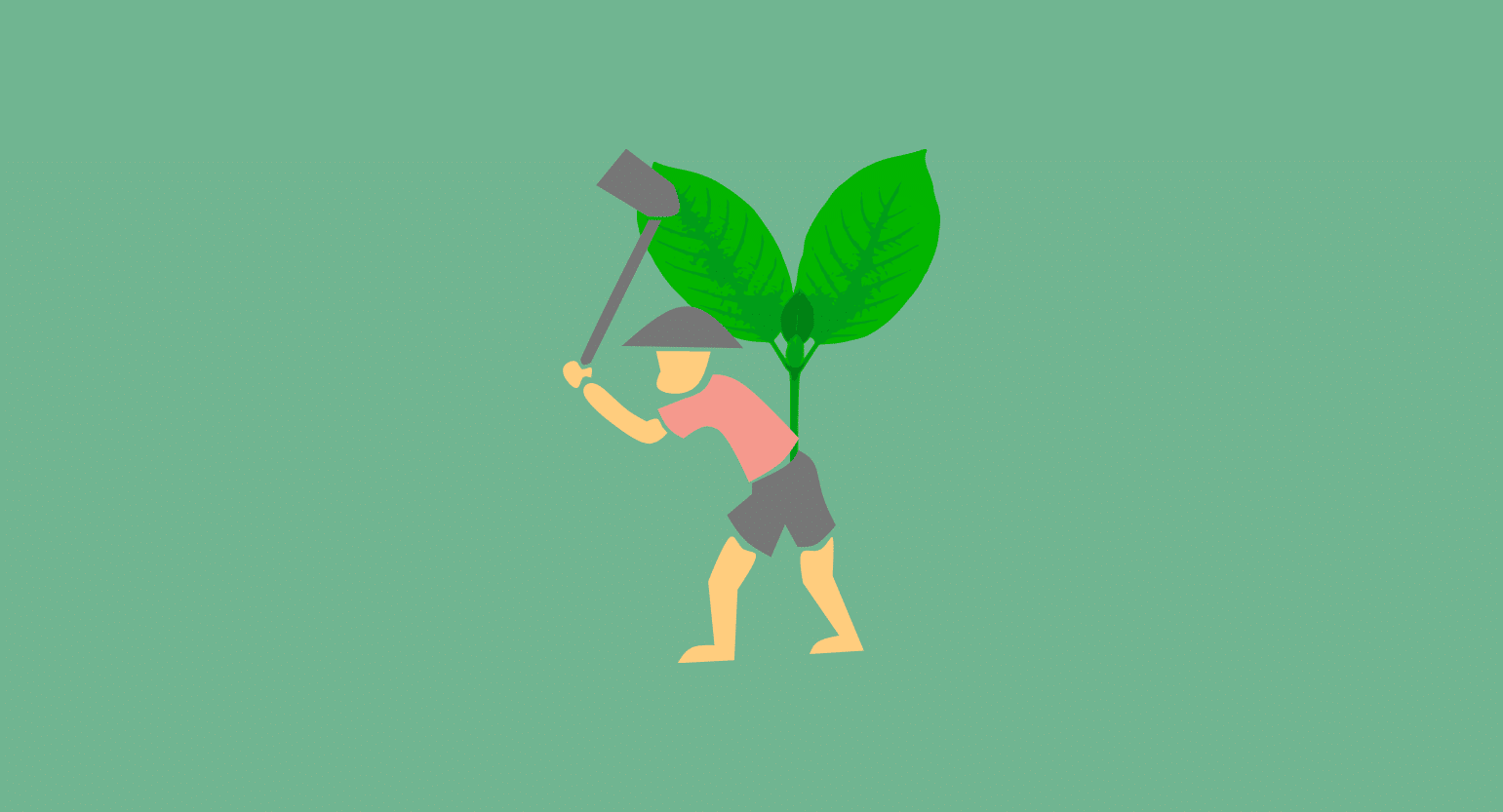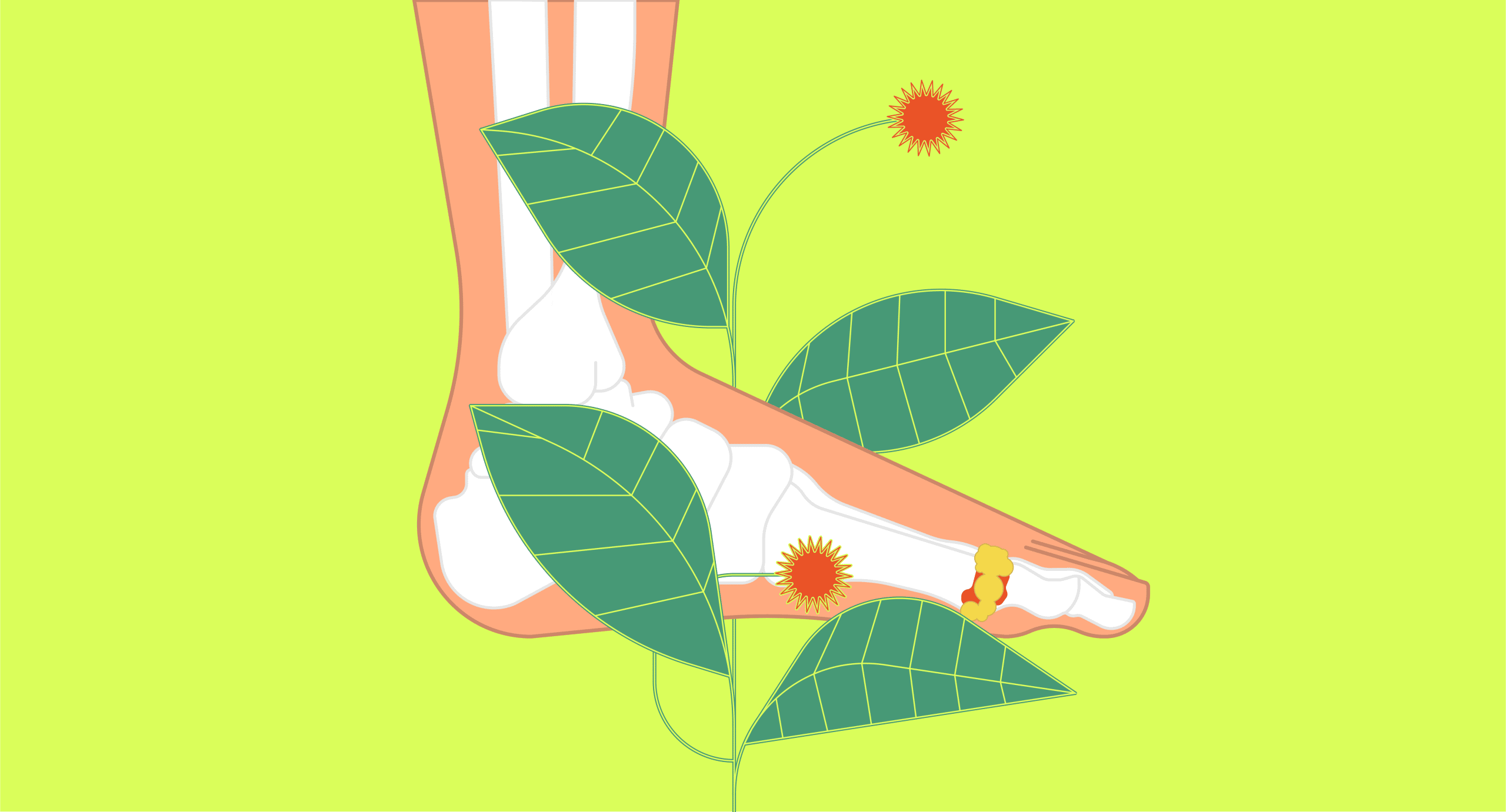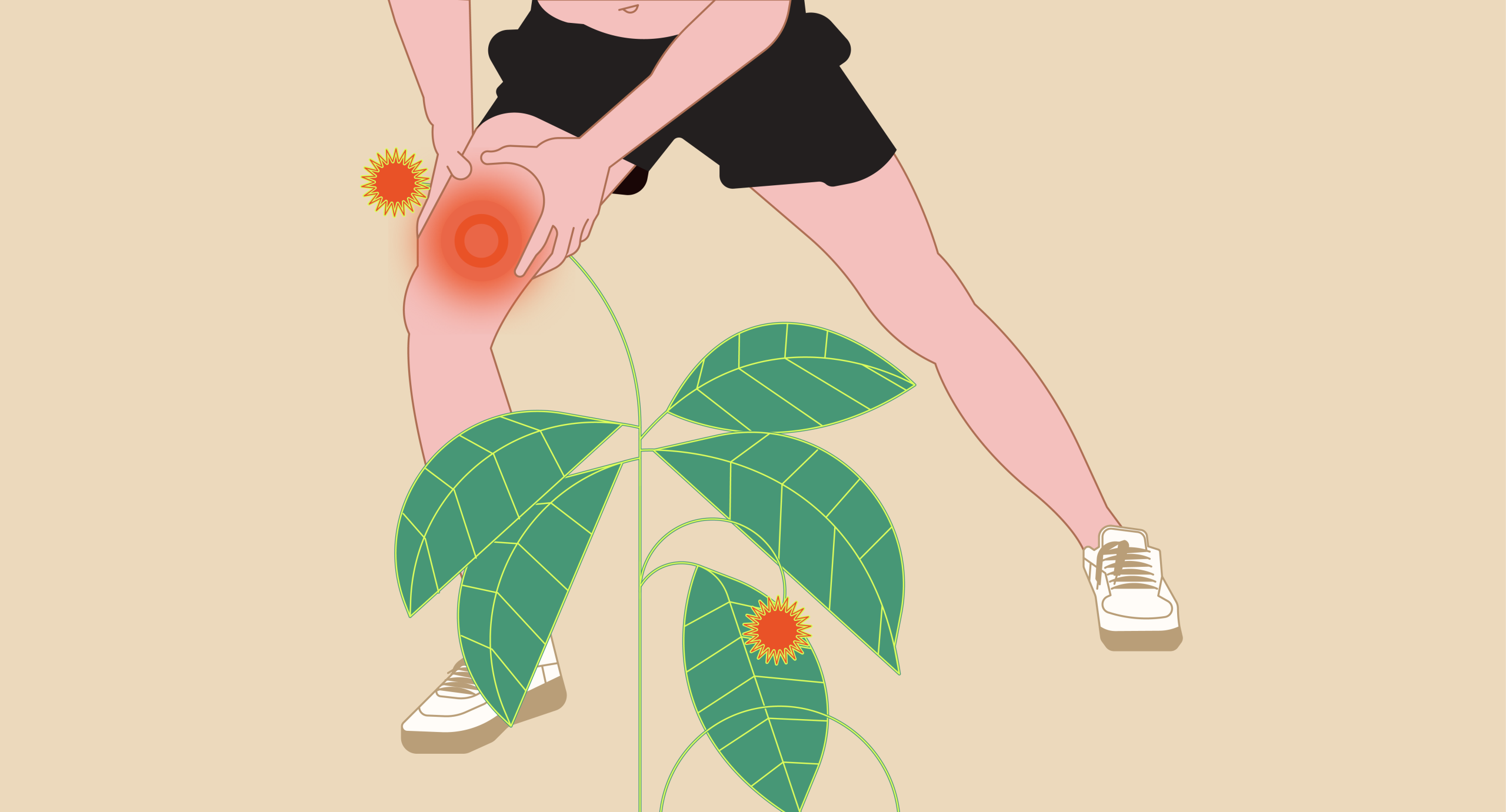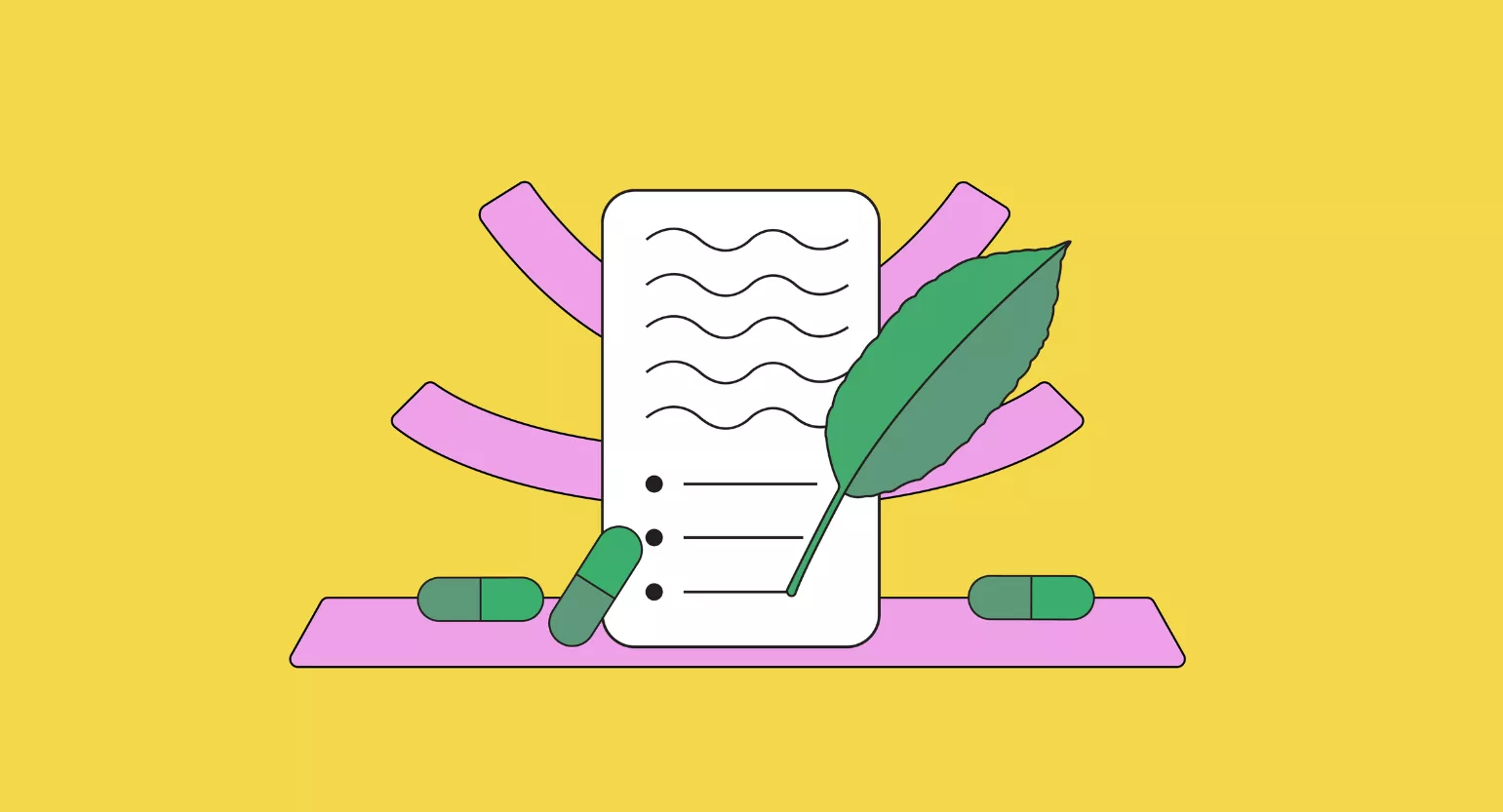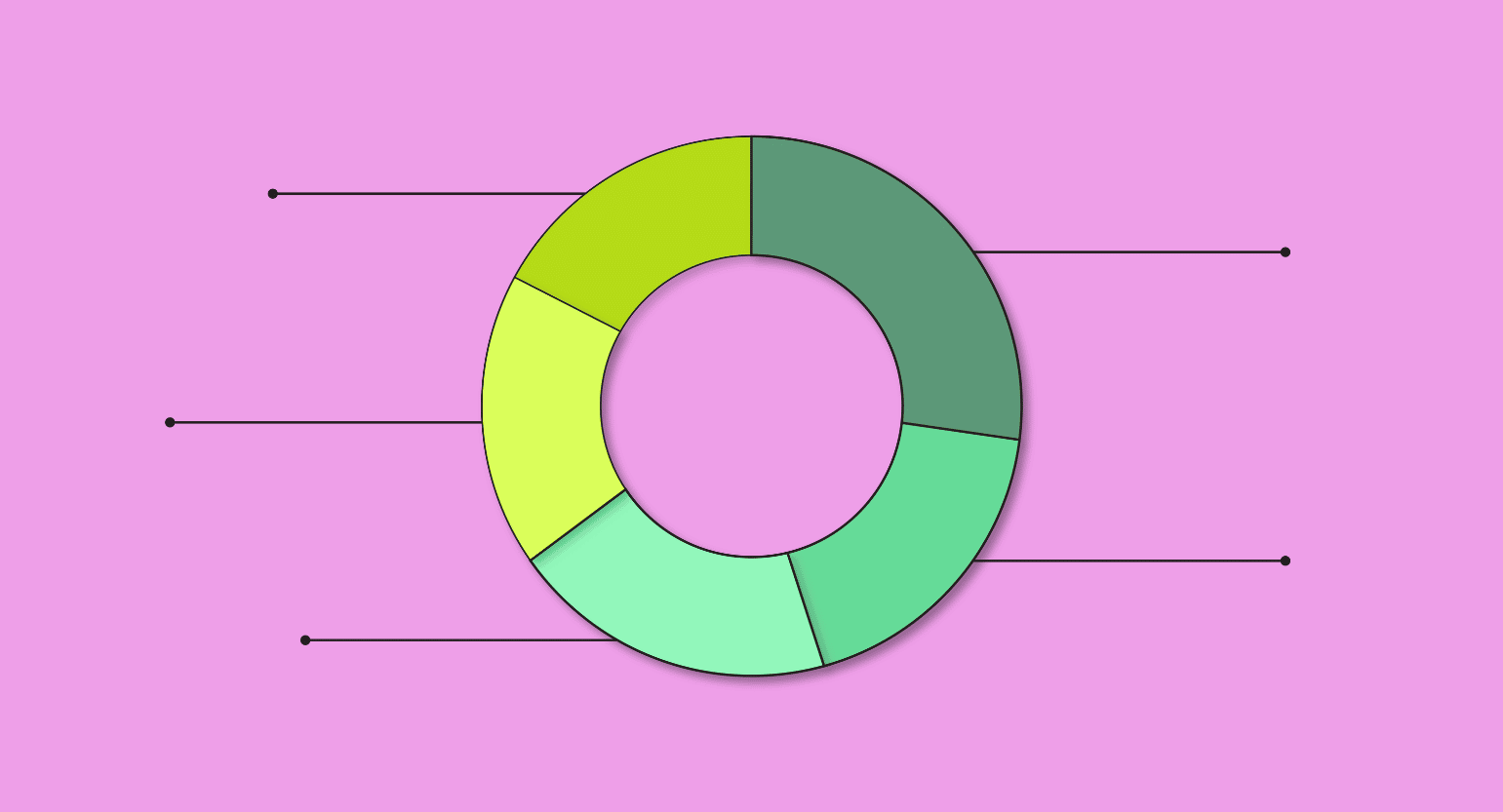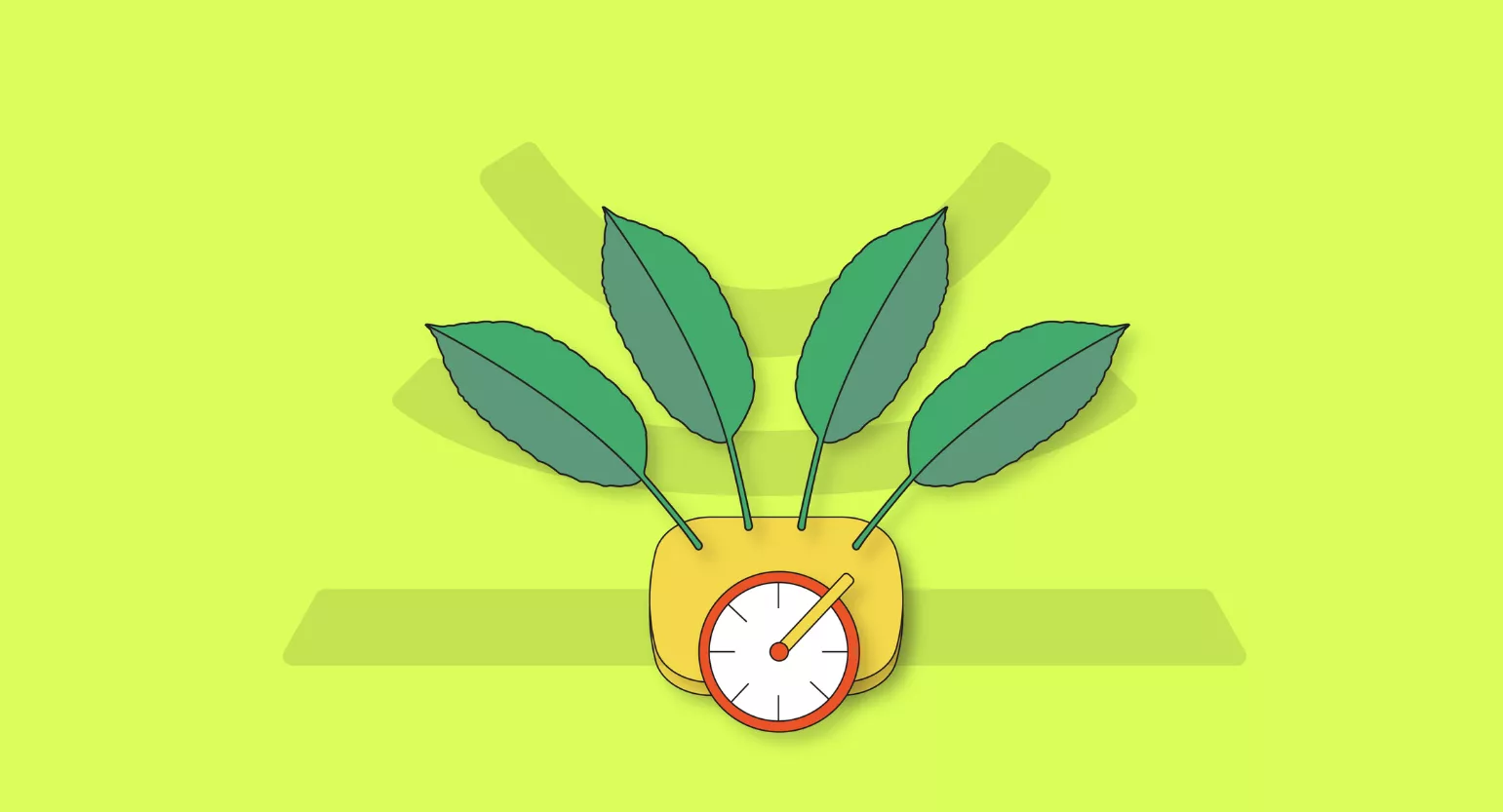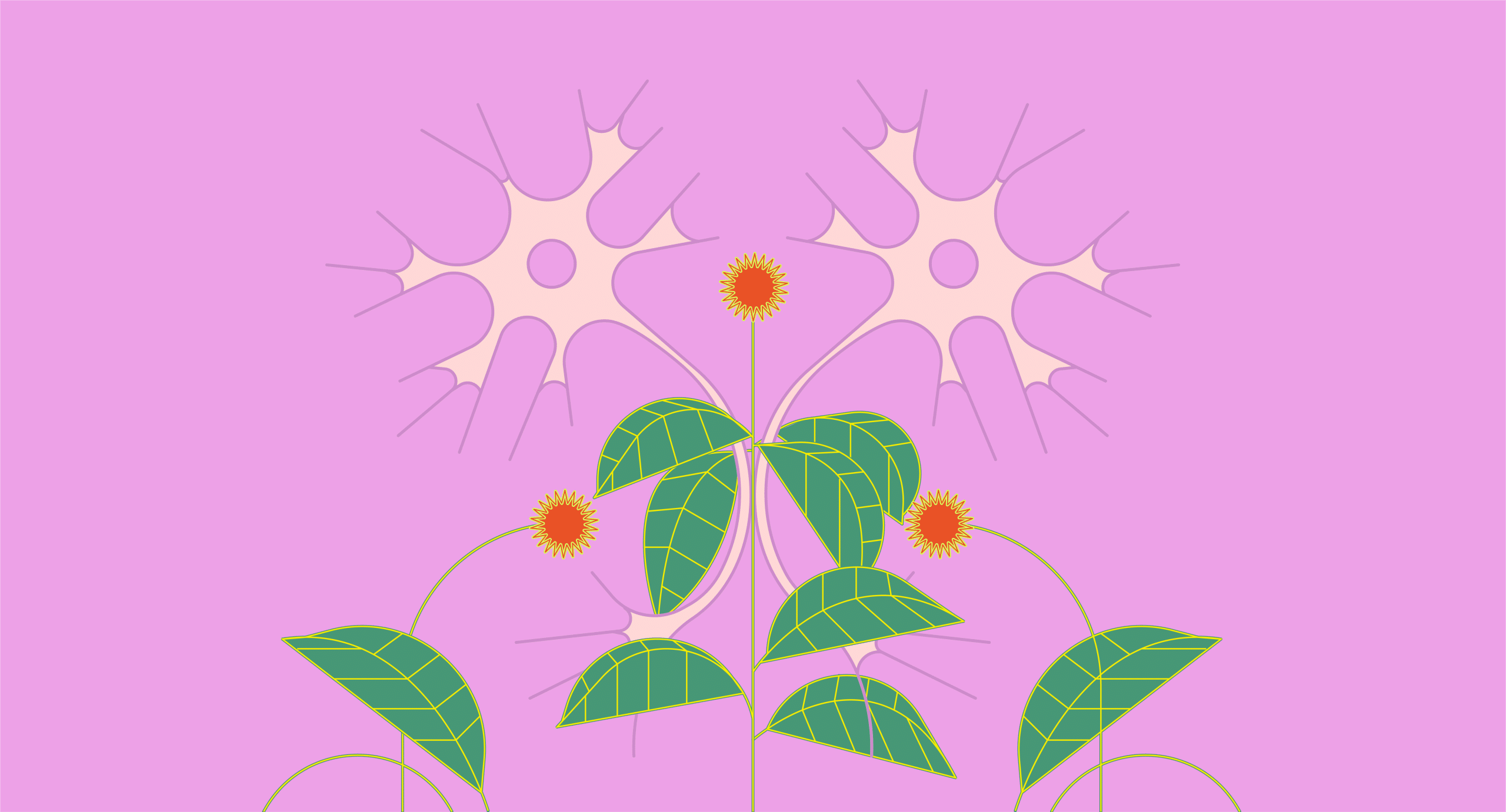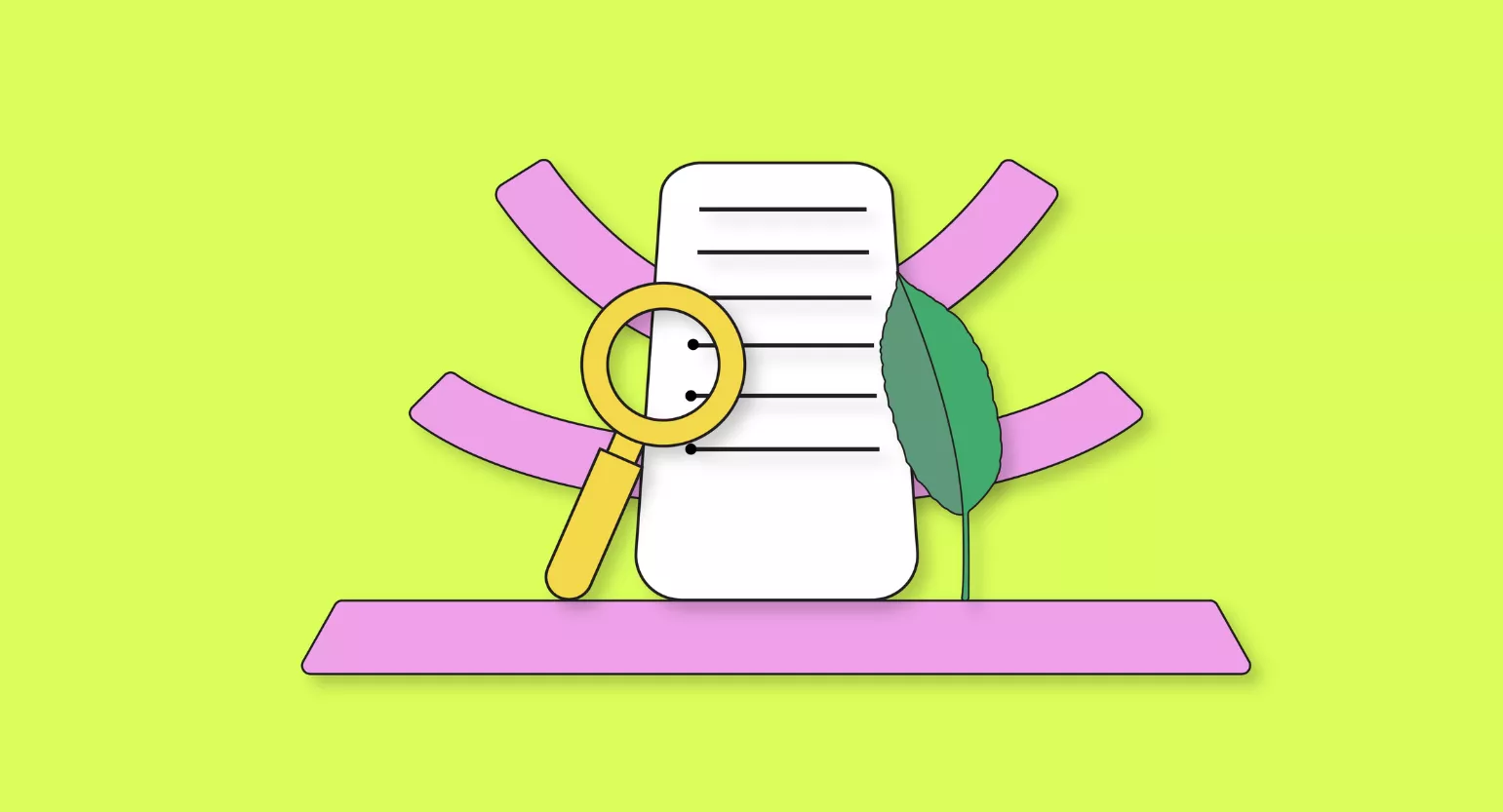Quick Comparison: Kratom vs. Poppy
| 🍃 Kratom | 🍃 Poppy Seed Tea | |
| Availability | Unrestricted | Unrestricted |
| Natural or Synthetic? | Natural | Natural |
| Active Ingredient(s) | Mitragynine, 7-hydroxy-mitragynine, & other plant-derived alkaloids | Opium, morphine, codeine, and papaverine |
| Indications | Boost energy & focus, chronic pain, opiate withdrawal, anxiety, & sleep | Sedative, analgesic |
| Dosage | 2-12 grams per day | 1-15 pods per cup |
| Common Side Effects | Nausea, vomiting, lethargy, dizziness, anxiety, brain fog, constipation | Drowsiness, dehydration, respiratory depression, constipation, and nausea |
| Level of Risk | Low | Low |
| Risk of Addiction | Low-Moderate | Low-Moderate |
Effects & Benefits: Kratom vs. Poppy Seed
Poppy seeds and kratom have a lot in common. Both are naturally derived substances that can produce relaxing physical effects by activating the opioid receptors.
In general, kratom will be more potent than poppy in all categories. The only advantage of using poppy is the lack of stimulating side effects. If you’re sensitive to kratom and find it makes you anxious, the poppy seed could be a good alternative to consider — otherwise, kratom is unmatched.
Benefits & Uses of Poppy Seed
Unwashed poppy seeds contain trace amounts of morphine, thebaine, and codeine — all of which are different types of opiates.
In general, poppy seeds are a more reliable relaxant. They have no stimulating effects whatsoever.
One of the more common traditional uses of the poppy is cough suppression. This is likely due to the opiate content — especially codeine — a common ingredient in over-the-counter cough medicine.
The most common uses for poppy seed tea include:
- Sedation
- Relaxation
- Pain relief
- Sleep support
Benefits and Uses of Kratom
Much like poppy seeds, kratom works by activating opioid receptors. However, it doesn’t contain any actual opiates.
The active ingredients are a series of 16 alkaloids that interact with the central nervous system. Some mimic the effects of opiate drugs despite having an entirely different chemical structure.
The effect profiles of kratom vary widely depending on the strain you’re using. Kratom strains can be divided into three categories — red, green, and white.
Green vein and white vein kratom varieties are known to produce more energizing effects, while red vein strains are known to be a bit heavier and more sedating.
Kratom is a powerful relaxant too, but only in high doses. Lower doses are much more stimulating, like coffee.
Low doses of kratom are good for helping users feel more energized, focused, and alert. Higher doses are more closely matched with the effects of poppy seed — offering a source of pain relief, anxiety support, and sedation.
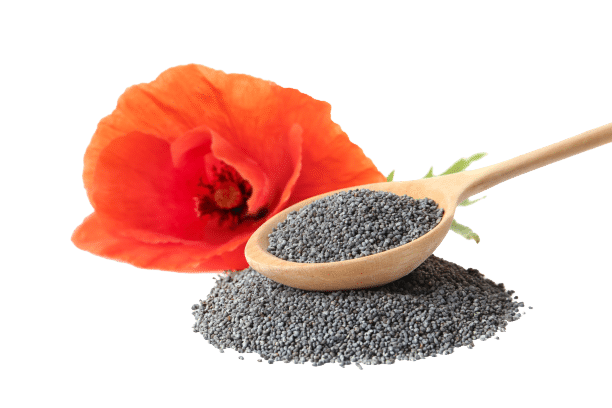
Other common uses for kratom include:
- ADHD (Attention Deficit & Hyperactivity Disorder)
- Alcohol withdrawal
- Arthritis pain
- Benzodiazepine withdrawal syndrome
- Chemotherapy-related pain
- Chronic back pain
- Depression
- Fibromyalgia
- Migraines
- Mood
- Opiate withdrawal symptoms
- Nerve pain
- Psoriatic arthritis
- Weight loss
Preparation: Poppy Seed vs. Kratom
The preparation of poppy seeds and kratom is very similar. Both herbs are ground into a fine powder and either brewed in a tea or taken as a capsule.
How to Prepare Poppy Seed Tea
The unwashed “straw” of the poppy — which is the pods and stems — can be boiled into tea. The seeds can also be boiled into tea or crushed and then left to steep like tea. This material releases sufficient amounts of alkaloids to produce heavily relaxing physical effects.
The substances found on the surface of the unwashed seed give this tea a sedating effect, somewhat similar to the intoxication you’d feel after using opioids.
How to Prepare Kratom
The leaves of the kratom tree are harvested, dried, and crushed into a powder. Fresh leaves are chewed raw or brewed into tea for similar effects.
There are several ways to take kratom, either via powder, capsules, or extracts.
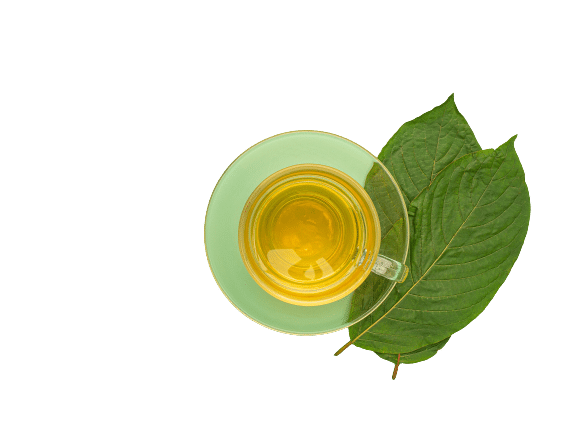
One of the most common ways to take your dose of kratom would be to brew kratom tea. Kratom powder can also be added to other beverages, like juice, water, smoothies, and even coffee.
The powder can also be baked into treats like cookies, candies, or dessert bars and still provide the user with potent effects.
Related: Guide to Cooking With Kratom.
Duration of Effects: Kratom vs. Poppy Seed
Poppy and kratom both take about 30 minutes to start taking effect and can last up to 8 hours in duration.
The higher the dose of both substances, the longer you’ll feel the effects.
Dosage: Poppy Seed Tea vs. Kratom
The dosage for poppy seed tea is different for everybody since it will depend on your experience with opiates, your tolerance for opiates, your body weight, etc.
New users should aim for around 1 pod per cup of tea, while experienced users can use up to 15 pods per cup. The more you take, the higher the chances of side effects.
Experienced kratom users tend to take around 5+ grams, and newer users may stick to a dose between 1-3 grams. The general kratom dosage guidelines also tend to be anywhere between 2-12 grams daily — 12 being the absolute maximum someone should take.
Legality: Poppy Seed Tea vs. Kratom
Both of these herbs are entirely legal in the United States. This remains true despite the recent attacks from the FDA against kratom.
Both poppy and kratom have opioid-like effects, but poppy is the only one that contains any actual opioids.
Poppy Seed Tea Legality
The sale and distribution of poppy seeds are legal in the US.
While opioid poppies and the poppy “straw” are both listed as controlled substances in the United States, poppy seeds are not prohibited as they are very commonly used in baking.
For gardening and seed production purposes, growing poppies is legal in the United States.
However, it’s not legal to manufacture opium from the poppies.
Under the Opium Poppy Control Act of 1942, you need a license from the US Treasury Department to grow the poppies for gardening and seed purposes.
Kratom Legality
Laws surrounding kratom in the US can be complicated compared to other countries. This confusion occurs because of the presence of federal and state-level legal systems in America.
This means that while kratom is federally legal, it doesn’t automatically mean that it will be permitted in every state.

Some states have specific laws surrounding kratom products and use, such as age restrictions and specific labeling requirements that indicate the product is not intended for human consumption. Some states have outright banned the herb in general.
Final Thoughts: Kratom vs. Poppy Seed Tea
Both kratom and poppy seeds can be brewed into a pungent, bitter, analgesic tea.
Poppy seeds can be easily obtained since they are a popular ingredient in baked goods, so finding a batch of contaminated seeds probably isn’t too difficult.
On the other hand, you can find kratom products for sale fairly easily from vendors like Kona Kratom or VIP Kratom (online).
Overall, kratom will offer stronger sedative and analgesic effects than poppy. Poppy may be a better choice for people who find kratom makes them feel too anxious, even when using higher doses. This side effect is rare but does happen to some people.


